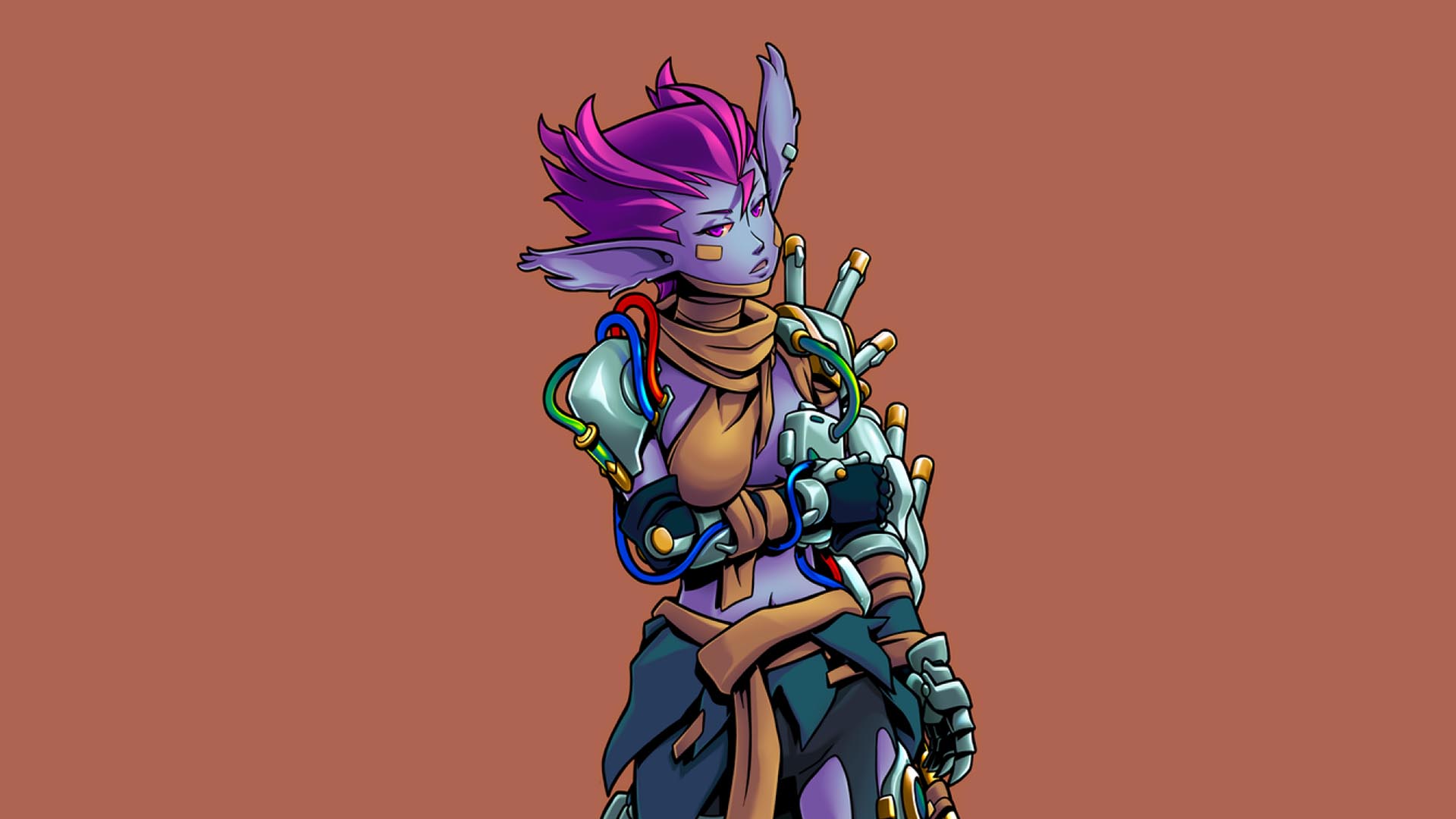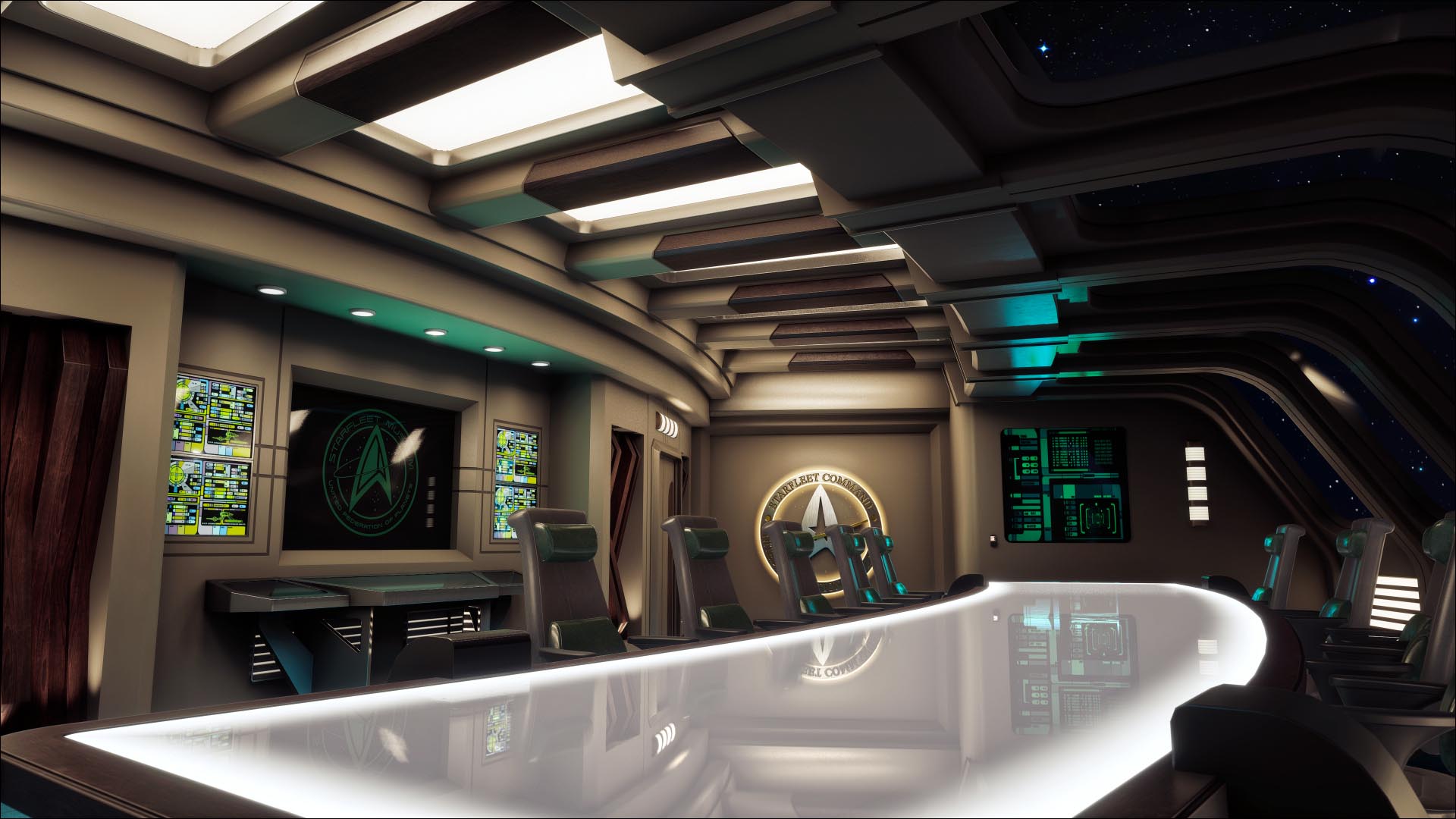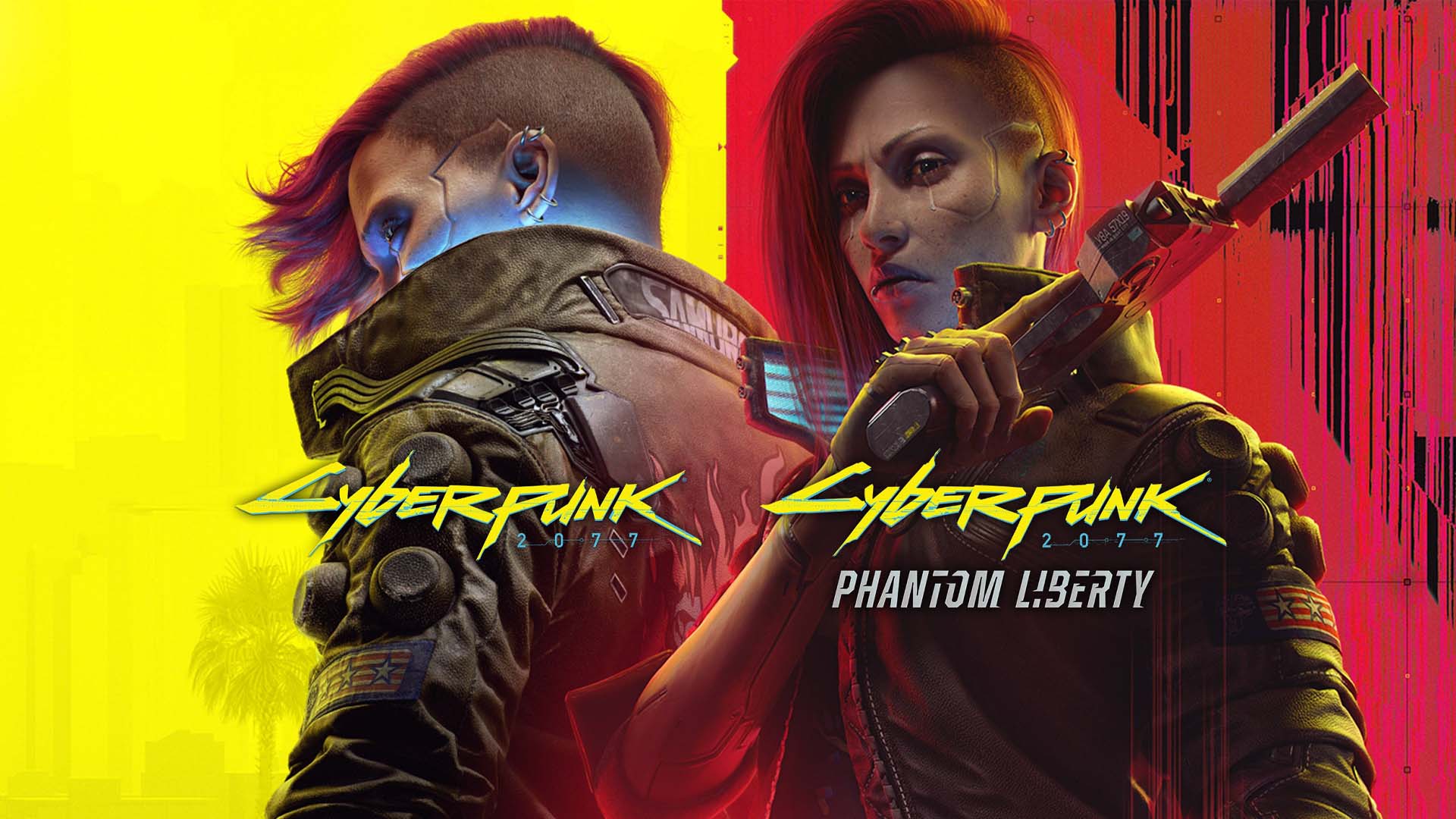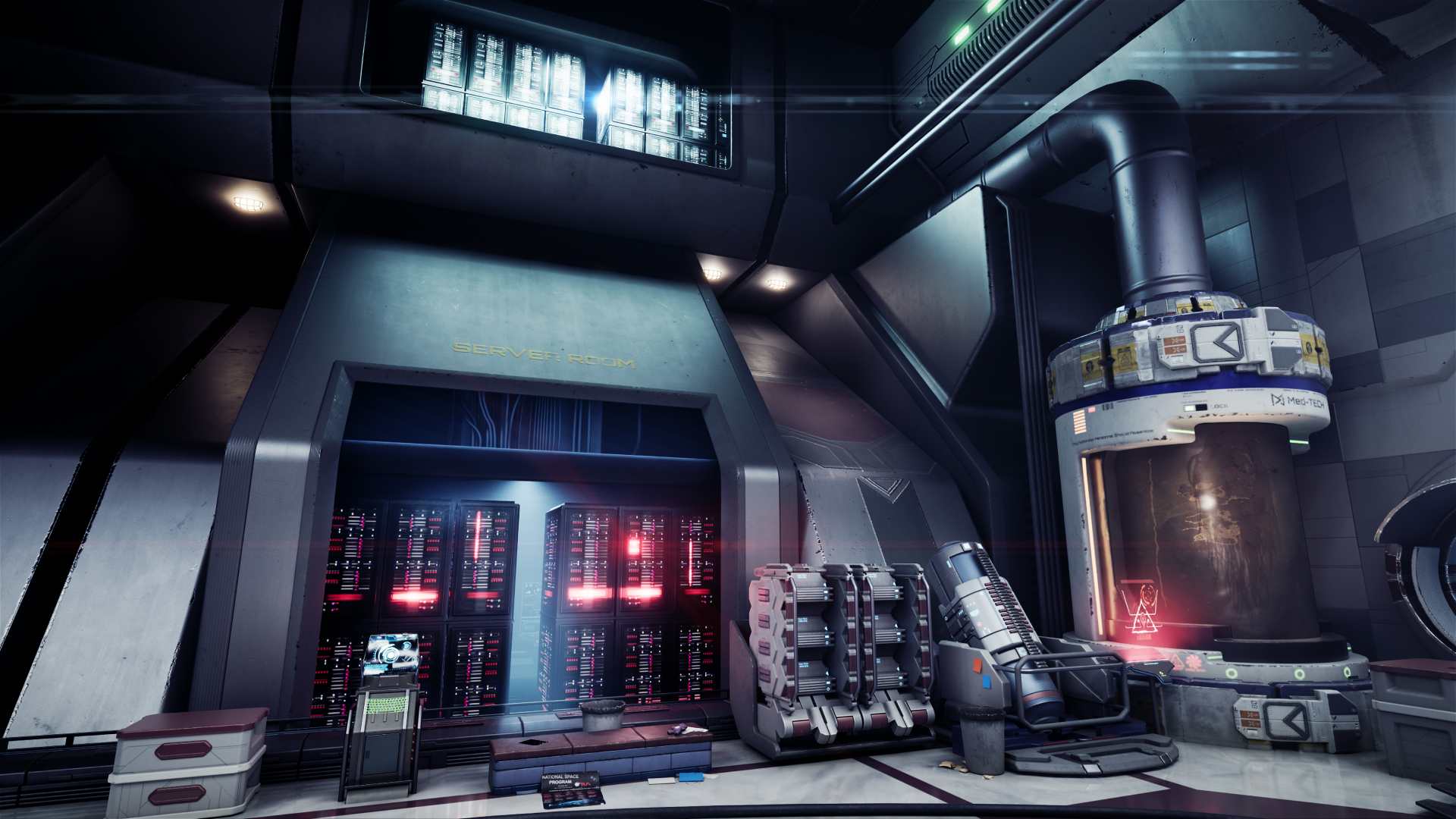On the surface level, it might seem as though there are few differences between developing games for console and PC, but the deeper you look into the process, it’s easier to understand the differences and unique challenges of console game development.
There are aspects of console game development that are growing closer to PC, such as coding and the sheer power of modern consoles, but differences remain. Consoles offer several distinct advantages over other platforms that make them an appealing choice for game development.
Console Hardware Considerations
Compared to PC, consoles have far fewer hardware variations to consider. Consoles such as Sony’s PlayStation 5 have the same components across the board, meaning that developers know exactly what they’re dealing with when it comes to console game development. The only exception to this is updated console versions, such as the PS4 Pro, which have become more common in the last two console generations. Even with this in mind, like other consoles, updated pro versions of consoles have fixed hardware, they simply improve upon their predecessors.
Due to the fixed internal components of consoles, development can be more streamlined compared to PC game development. On PC, there is a significant range of options available for everything from the GPU to monitors. This is undoubtedly beneficial for consumers to have options available in a variety of price ranges, but this can prove to be challenging for game developers. Accounting for countless combinations of components isn’t a factor in console game development, and what consoles comparatively lack in terms of power, they make up for in reliability.
In Magic Media’s experience, it’s been common for us to see console-specific teams set up to tackle console game development. Though there are differences between PlayStation, Xbox, and Nintendo consoles, the daunting variability of PC development isn’t present in the console game development sphere.
Console-Specific Features
As consoles have become more complex and powerful, so too has their unique functionality. Most modern consoles possess some functionality that sets them apart from other platforms, including PC and mobile. Each of these distinct features can be seen as an advantage of console game development and should be considered assets to enhance gameplay and immersion.
PlayStation 5’s DualSense controller, for instance, makes use of immersive haptic feedback to elevate gaming experiences. When implemented by developers, gamers will be able to feel terrain as their characters move through it, the intensity of attacks, and environmental effects. Xbox uses a clever and consumer-friendly feature called Smart Delivery. This feature ensures that you’re playing the most well-optimized version of the game is played, regardless of platform. If a player purchases a game for Xbox One, and later plays it on Xbox Series X, it will automatically be upgraded to make use of the Series X’s improved power.
Using these console-specific features can bring your game to the next level, in terms of immersion, access, and overall experience. Though mobile might have the advantage of being portable, and PC more overall raw power, modern consoles are becoming more unique with features such as these, making them all the more appealing to develop games for.
Design and Development
As consoles have advanced, they’ve become closer to PC in terms of coding. C++ is commonly used across console and PC game development, though the available code libraries will differ depending on the target platforms. Popular game engines like Unity and Unreal Engine 5 fully support consoles too, making console game development, and even porting, much more straightforward.
Where console game development doesn’t differ much from PC game development are timelines and the sheer length of time it takes to complete projects. This is more heavily dependent on the genre, style, and scope of the game in development. Regardless of target platforms, an open-world AAA RPG game will likely have a lengthy development cycle.
Magic Media is proud to offer dozens of services across the entertainment and gaming industries to help realize your dream projects. From full-cycle game development to cutting-edge game VFX and stunning pc/console art and cinematics, our goal is to help your projects reach their full potential. We’re proud to offer a one-stop solution for all your projects, so get in contact today and let’s create magic!









